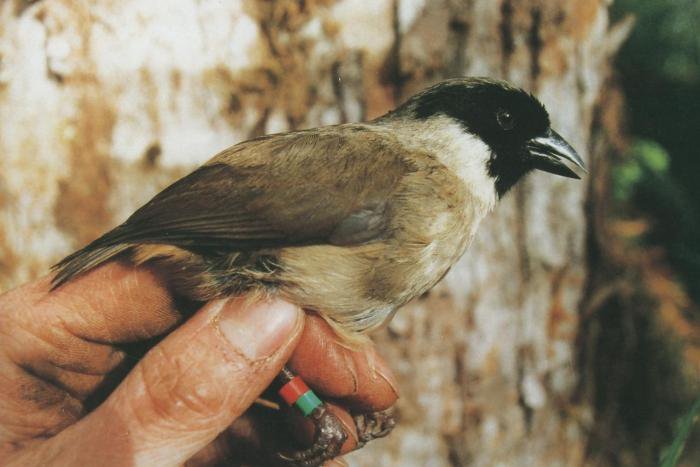23 US Species Are Now Extinct: What Can You Do About It?
October 13, 2021
As of Wednesday, September 29th, the United States Fish and Wildlife Service has deemed 23 US species to be extinct. They spanned 19 states, and range from the ivory-billed woodpecker to a Hawaiian flower. It is a sad thing to hear, but this issue is about more than just the species lost. If there aren’t major changes to our environmental response, there may be a day when the species of North America can fit onto a piece of notebook paper. The resources you rely on day to day to live a comfortable life may vanish along with our country’s biodiversity, and you might not even have notebook paper to write the remaining species on.
The US Fish and Wildlife Service, believes it is not as effective as it should be. On average, a species waits 12 years before it is protected by the Service. It is estimated that 47 species have gone extinct waiting for their number to be called, and this will only continue to worsen. Our Wildlife Services simply cannot handle the load that they are given with the resources that are available, especially in a country like the United States, where so many species must live alongside a ginormous population. Logging, urbanization, and consumerism are just the way of life here. This can be extremely harmful to our native species.
However, we are not doomed to a future of quiet, dull land. Even just one change, like eating organic foods or buying local products, could mean that one more form of life is able to thrive. Whether it be a bumblebee or a begonia, all species play important roles in their respective ecosystems and are crucial to the survival of others. No amount of change is too little, since it can grow into something so much bigger. If you’re not sure what you can do, here are a few ideas:
- Limit your use of lawn fertilizers and pesticides, since they can find their way into rivers and endanger aquatic life.
- Buy local, so that fuel used for shipping and transportation can be reduced.
- Be conscious of the companies you support. Find out if they act responsibly and respect the environment around them.
- Eat organic to reduce the bee-killing pesticides used to grow non-organic produce.
- Buy products with less packaging or with packaging that can be recycled. This way, habitats won’t be razed to build landfills and trash won’t find its way into forests.
- Look around your community and see how the environment is being treated. If you see something, say something. Change can’t happen unless a problem is brought to the attention of your community. Reaching out to local or state leaders on your own might seem scary, so get a few friends involved!
Extinction is one of the saddest words out there, but it can equate to something good. These extinctions can serve as a wake up call, a reminder that our lives currently are unsustainable and doing more harm than good. Take action and do something about the destruction of habitats and killing of species, and be an example to those around you. Education is one of the most valuable things out there, so spread the word and get the message to as many others as you can. If we work together, there’s nothing that can’t be accomplished.









